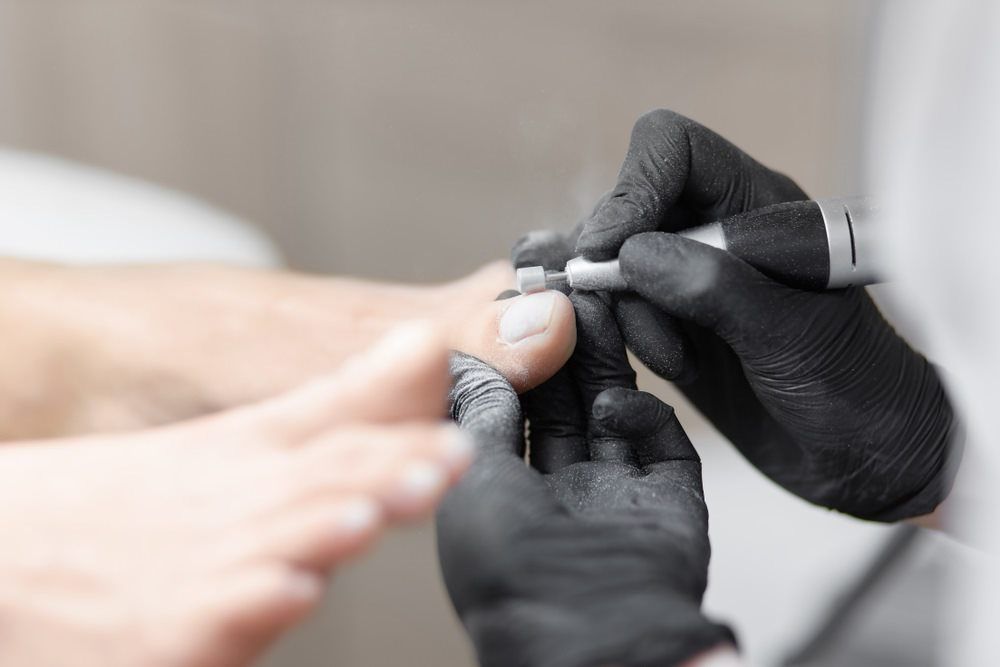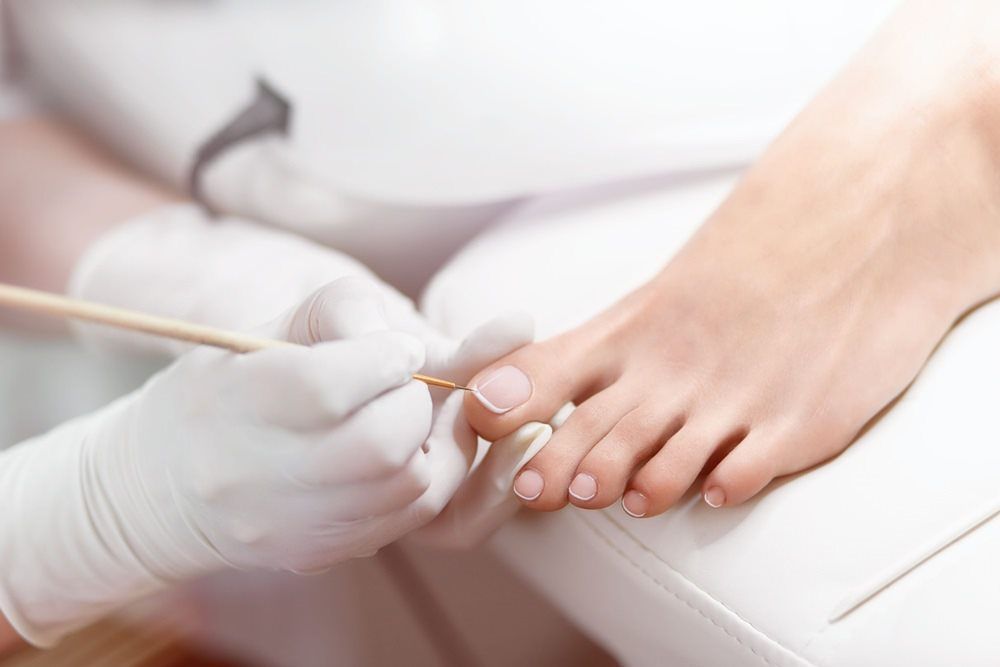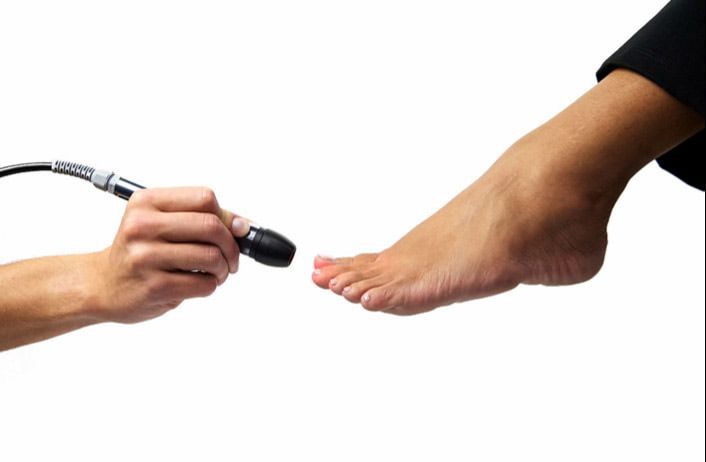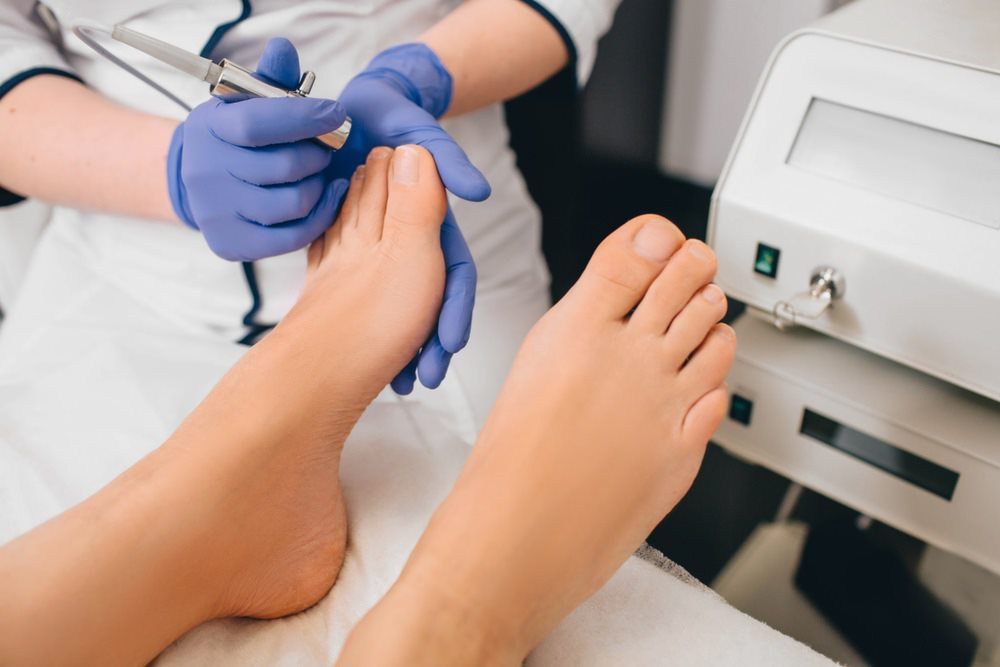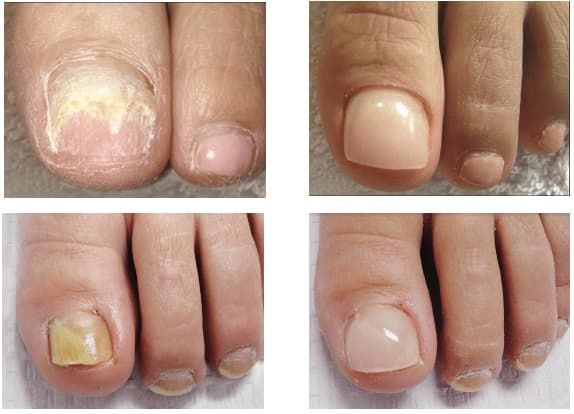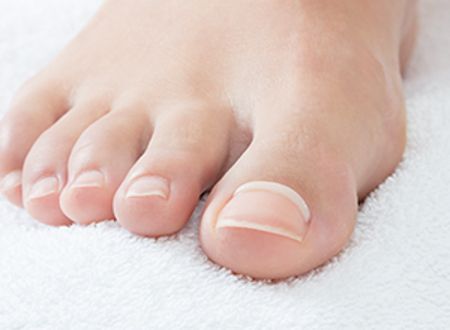Need Ingrown Toenail Surgery in Tamworth?
Causes of Ingrown Toenails
An ingrown toenail occurs when the edge of the toenail grows into the skin surrounding the nail, instead of growing straight out. This can cause the skin to become inflamed, red and painful. In some cases, the ingrown toenail can break the skin, allowing bacteria to enter and causing an infection.
There are several factors that can contribute to the development of an ingrown toenail. One common cause is improper toenail trimming, where the toenail is trimmed too short or at an angle that encourages the nail to grow into the skin. Tight-fitting shoes or socks can also put pressure on the toes and contribute to the development of ingrown toenails. Additionally, some people have naturally curved toenails that are more prone to becoming ingrown.
Certain medical conditions can also increase the risk of developing ingrown toenails. For example, people with diabetes or poor circulation may have a higher risk of developing infections, including infections related to ingrown toenails.
In cases where an ingrown toenail has developed, our team at Country Podiatry can provide ingrown toenail surgery to fix the issue.
Preventing Ingrown Toenails
So, how can you minimise the risk of developing an ingrown toenail in the first place?
- Proper nail trimming: Trim your toenails straight across, rather than in a curved or angled shape. Avoid trimming them too short, as this can cause the nail to grow into the surrounding skin.
- Wear properly fitting shoes: Shoes that are too tight or too loose can put pressure on the toes and cause the nail to grow into the skin. Make sure your shoes fit properly and have enough room at the end.
- Avoid trauma to the toes: Injury to the toes can cause the nail to grow into the skin. Protect your toes by wearing appropriate footwear during physical activity and being careful not to drop heavy objects on your feet.
- Maintain good foot hygiene: Keep your feet clean and dry to prevent bacterial or fungal infections that can contribute to ingrown toenails. Make sure to dry your feet thoroughly after showering or swimming.
Globus PodoMed Laser for Fungal Nail, MSK & Woundcare
Perfect for treating Onychomycosis/Nail Fungus, and MSK conditions such as Plantar Fasciitis, Achilles Tendinopathy, Ankle Sprains, Bursitis, Tibial Stress Syndrome, plus many more!
- PodoMed Laser accelerates the inflamed tissue recovery, regenerates cells and improves microcirculation.
- PodoMed Laser is especially effective in all the situations where the muscle/articular tissue is inflamed.
- PodoMed Laser accelerates the healing and the pain elimination both used alone and together with other therapeutic modalities. It allows in this way to reduce the use of analgesics and anti-inflammatories.
- PodoMed Laser enhances the natural healing body process without pain.
Ask us about our 20% off fungal nail treatment package including a nail repairing serum.
Types of Nail Surgery
At Country Podiatry, our podiatrists can provide a range of nail surgeries to improve the health of your feet. The type of surgery needed depends on the severity of the ingrown toenail and other factors, such as the shape and size of the nail.
One type of surgery is a partial nail avulsion. This involves removing the edge of the nail that is causing the problem, and in some cases, removing the underlying tissue as well. Another type of nail surgery is a total nail avulsion. This involves removing the entire nail, including the nail bed, and is typically reserved for more severe cases of ingrown toenails or recurring nail infections.
In some cases, nail surgery may also be recommended for other nail conditions, such as thickened or fungal nails. This may involve removing part of the nail or treating the underlying fungal infection.
Whatever type of nail surgery is recommended, our podiatrists at Country Podiatry in Tamworth will explain the procedure and ensure you feel at ease before your surgery begins. We’ll also provide instructions on how to care for your foot during the healing process.
KeryFlex Nail Restoration
The solution for damaged and unsightly toenails
KeryFlex is a safe and effective way to improve the appearance of damaged or unsightly nails. There are a variety of conditions which can cause nail trauma, leading to discolored, thickened or brittle nails and your local Podiatrist understands how these are treated.
KeryFlex is a non-invasive procedure carried out in a hygienic clinical environment. After the KeryFlex process you will walk out with your nails looking like new and your confidence boosted! It does not require anesthesia or surgery, making it a convenient and pain-free option.
The Onyfix Nail Correction System
Painless - Individually Adaptable - Innovative
The Onyfix nail correction system is a versatile and innovative product that enables completely painless treatment of almost all forms of involuted and ingrown toenails.
Your foot care expert adapts the system individually and fixes it to your nail, which is then brought back into its natural shape as it grows. The whole process is pain-free, during application and throughout the entire treatment!
The Benefits of Onyfix
- Pain-free treatment
- Rapid pain alleviation
- Corrects the nail through physiological nail growth
- Effective without exerting force on the nail
- Combinable and individually adaptable system
- Effectiveness confirmed by a study
- Particularly suitable for those with diabetes
- No restrictions on patient activities (incl. swimming/sauna)
- Nail polish can still be used
